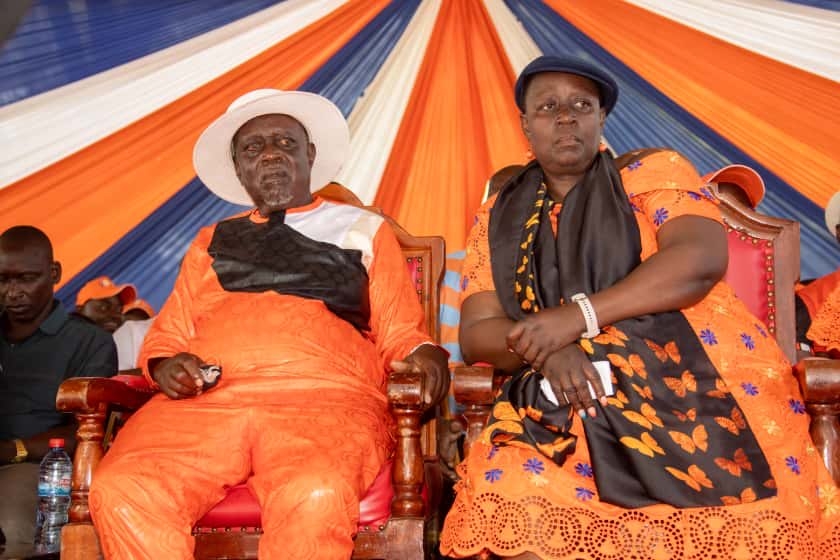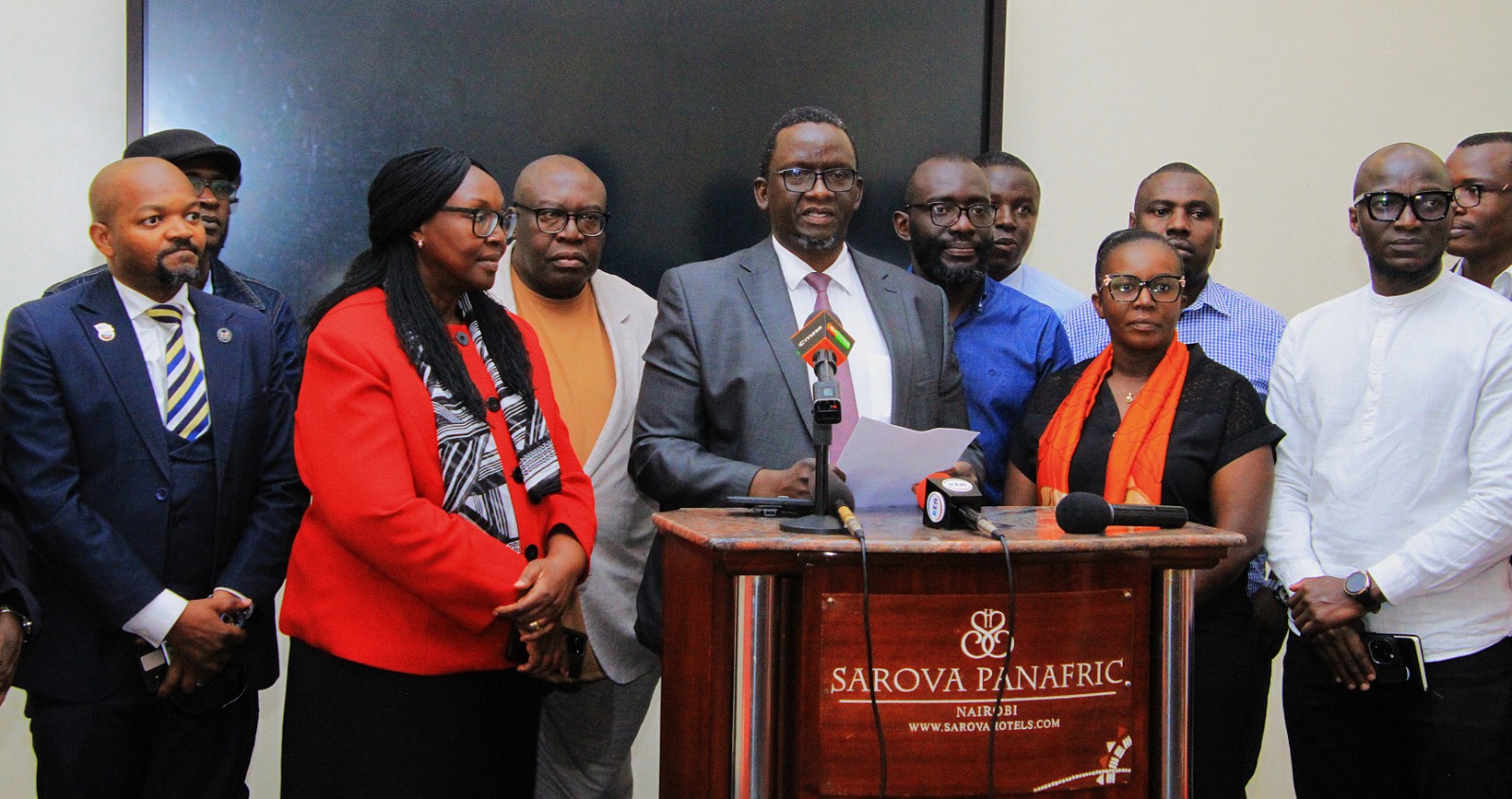The Kenya Forest Service on Saturday kicked off implementation of recommendations of a government task force on conservation of the country's forests.
The project started in Karuri site in upper Nguzishi in Ontulili forest station.
With the support of Mt Kenya Trust, KFS has rehabilitated 1,235 acres of the heavily degraded site.
A total of 5,000 indigenous seedlings were planted, marking the completion of the restoration initiative.
KFS board chairman Peter Kinyua and Mt Kenya Trust CEO Susie Weeks were present.
The task force report says the forest had been abused through the Plantation Establishment and Livelihood Improvement Scheme (PELIS) initiative.
Through PELIS, KFS allows communities adjacent to forests the right to cultivate crops during the early stages of forest plantation.
Cultivation is allowed to continue for three years until tree canopy closes.
The PELIS scheme was meant to improve the economic gains of farmers while ensuring the success of planted trees.
However, the task force unearthed that the programme was abused.
“The PELIS scheme has, instead, led to considerable abuse and loss of forestland. Many other illegal practices are camouflaged under its umbrella, including agricultural encroachment into the indigenous forest via plantations. PELIS mostly leads to the establishment of low standard forest plantations compared to best practices,” the task force report says.
During a reconnaissance flight, the task force landed in two areas on Mt Kenya and the Aberdares where indigenous vegetation had been recently destroyed to pave way for the PELIS system.
The Marion-Kamau task force was gazetted on February 26, 2018.
It was launched on March 5, 2018, before handing in its report on April 30, 2018.
Some of the PELIS areas were located deep inside the forest, creating resident farmers who were entirely dependent on forest resources.
The task force made recommendations to KFS and called for major reforms.
PELIS needs to be progressively phased out over a four-year period, the report said.
“No further PELIS area should be opened. In parallel to the phase-out of the PELIS, concessions of forest plantations should be established to provide a role for the CFA members in the establishment of plantations,” the report said.
PELIS also leads to depletion of wildlife and human-wildlife conflict in cases where plantations are bordered by indigenous forests. There is the encroachment of indigenous forests.
In Ontulili Forest, the report noted that huge tracts of forestland had been turned into large-scale commercial farms in total abuse of the PELIS system.
Mt Kenya Trust led the rehabilitation process through the provision of seedlings, logistical support to enable planting while the Community Forest Association leading to tree planting and maintenance of the sites.
Kinyua thanked the Mt Kenya Trust team for adopting the area and following through the commitment to rehabilitate the area.
He also thanked the CFA members for their active involvement in the rehabilitation process.
Kinyua has urged Kenyans to plant trees in available spaces while strictly observing Covid-19 prevention regulations.
Edited by Henry Makori













